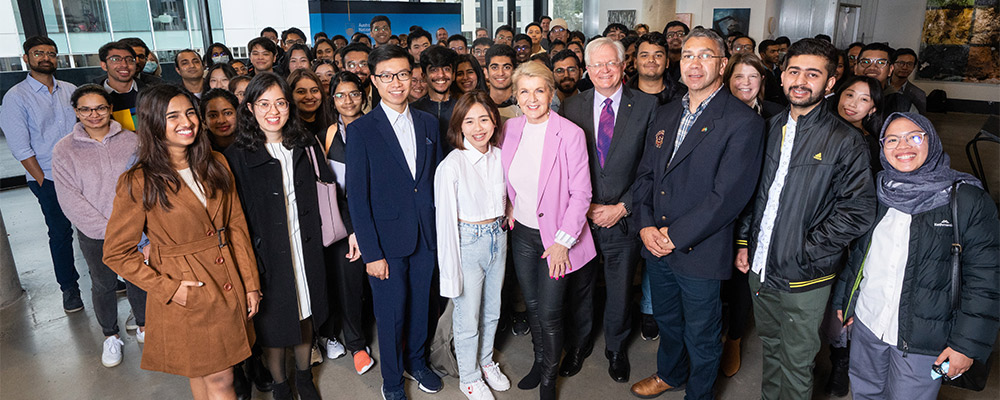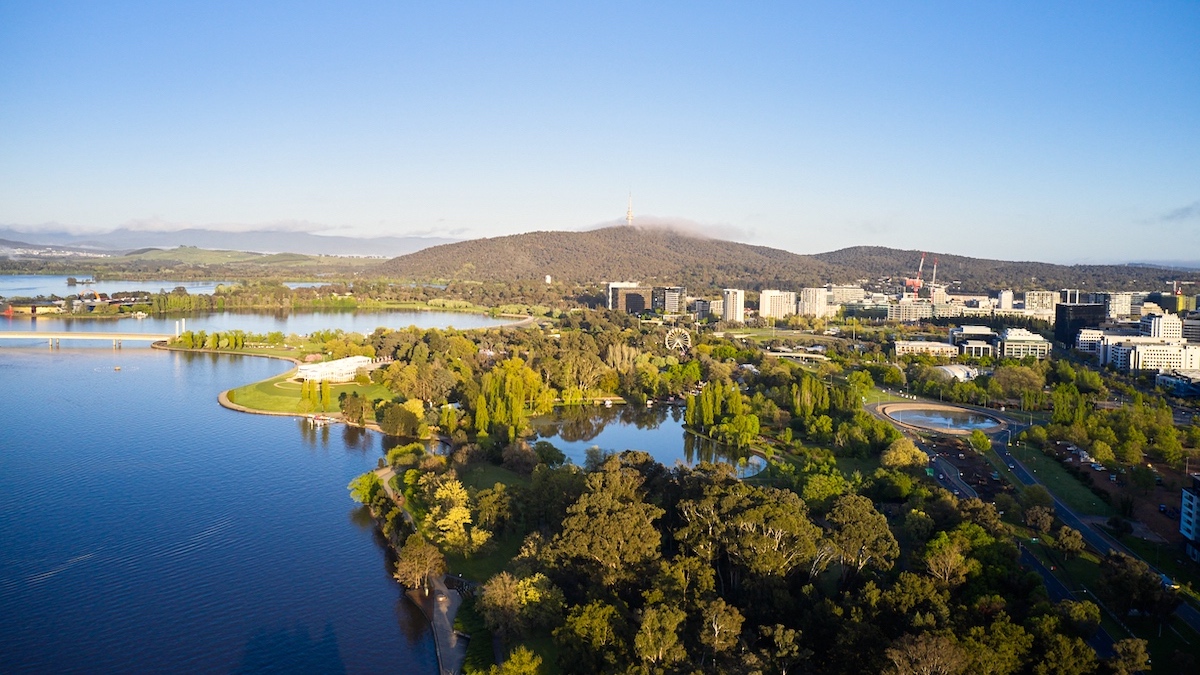
Published on
8 ways to fund a postgraduate degree
Don’t let the cost of postgraduate study deter you from pursuing a degree that can further your career or even open the door to something new.
Overview
- Postgraduate study is a great way to further your career or follow a passion.
- There are many ways to keep it affordable – it's possible that your employer will cover the cost.
- You can even claim your tuition fees and other expenses as a tax deduction.
Where there’s a will, there’s a way. Among the many that can help you cover tuition fees and study expenses as a domestic or international postgraduate student are taking out a student loan, getting credit for prior learning or applying for a scholarship.
And that’s without mentioning all the cost-saving benefits of having a student card!
If you're asking yourself, “How do I pay for my postgraduate degree?”, this is your chance to find out how our students do it.
1. Defer your fees to a student loan
Domestic students can access FEE-HELP, a loan scheme that defers payment of tuition fees until they earn above the Australian Government's threshold. The scheme doesn’t cover other study costs, such as accommodation, laptops or textbooks, but the good news is that postgraduate courses are exempt from the FEE-HELP 20% loan fee.
For international students, a student loan is like any other loan; it involves repaying an amount you borrow together with accumulated interest. Check if your government offers student loans, as they usually have less interest than private institutions.
2. Gain credit for study or work experience
Credit for prior study or exceptional work experience is available for domestic and international students and reduces the cost of your degree by saving you from completing a course. Course credit can be equivalent to the value of a specific ANU course (specified credit) or not equivalent (unspecified credit) and count towards major, minor or elective courses.

Students talking with supervisor.
3. Work 48 hours a fortnight on your student visa
With an Australian student visa, international students can work part-time for up to 48 hours every two weeks during the semester – and unrestricted hours during study breaks. This could help fund your living costs and give you some practical work experience while you're in Australia.
4. Claim study expenses in your tax return
Studying towards a formal postgraduate qualification to increase your skills for your current job as a domestic student may mean you can claim deductions for self-education expenses when you lodge your tax return. The expenses you can claim include tuition fees, stationery, textbooks, photocopying, computing costs and student services. You can learn more about claiming self-education expenses on the Australian Taxation Office website.

ANU College of Business & Economics students get real experience with real clients in the annual free ANU tax clinics.
5. Ask your employer to fund your degree
Most employers budget for professional development and further study is one of the best ways to build your skillset while adding value to your organisation. If your current employer will gain from your studies, it’s worth asking if they will pay for your degree.
6. Get a Commonwealth Supported Place (CSP)
If you're a domestic student, you'll find that some ANU postgraduate coursework master’s degrees have Commonwealth Supported Places (CSP) in them. These places are limited, and allocation is competitive, but if you receive a CSP the Australian government will subsidise your tuition fees so you will only have to pay the remaining student contribution amount. ANU will automatically consider you for a CSP based on merit when you apply for a degree offering these.

You could receive a scholarship like these lucky ANU students photographed with our Chancellor and former Vice-Chancellor.
7. Apply for a scholarship
ANU offers 200-plus scholarships every year. Their availability depends on your chosen degree, the college managing it and your circumstances.
Start by viewing all ANU domestic and international postgraduate scholarships and find out how to apply. We will automatically consider you for some scholarships when we receive your application.
Another avenue open to you as an international student is earning a scholarship from your home country. Some governments offer financial support for studying in Australia. You’ll have to find more information about this yourself since each country is different, but if you’re successful, a scholarship from your government can cover a large portion of your study fees.
8. Show your student card
When you study full-time as a postgraduate student, you can save money on movie tickets, public transport fares, haircuts and gym membership just by showing your student card.
Among the many suppliers that normally give discounts to students are interstate bus companies, cinema chains, ski resorts, stationery and textbook shops and event organisers.
Making study a little more affordable again if you're a domestic student are the free (or bulk-billed) GP and counselling services at the medical centres on the ANU campus and dotted around Canberra.
ANU also offers all students a free food pantry, legal advice and other advocacy services, courtesy of our amazing student association.
Now that you know how to pay for your postgraduate degree, learn more about our postgraduate study options.



